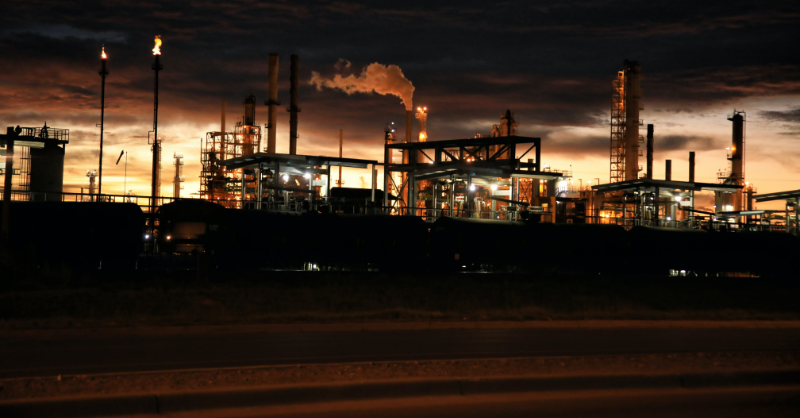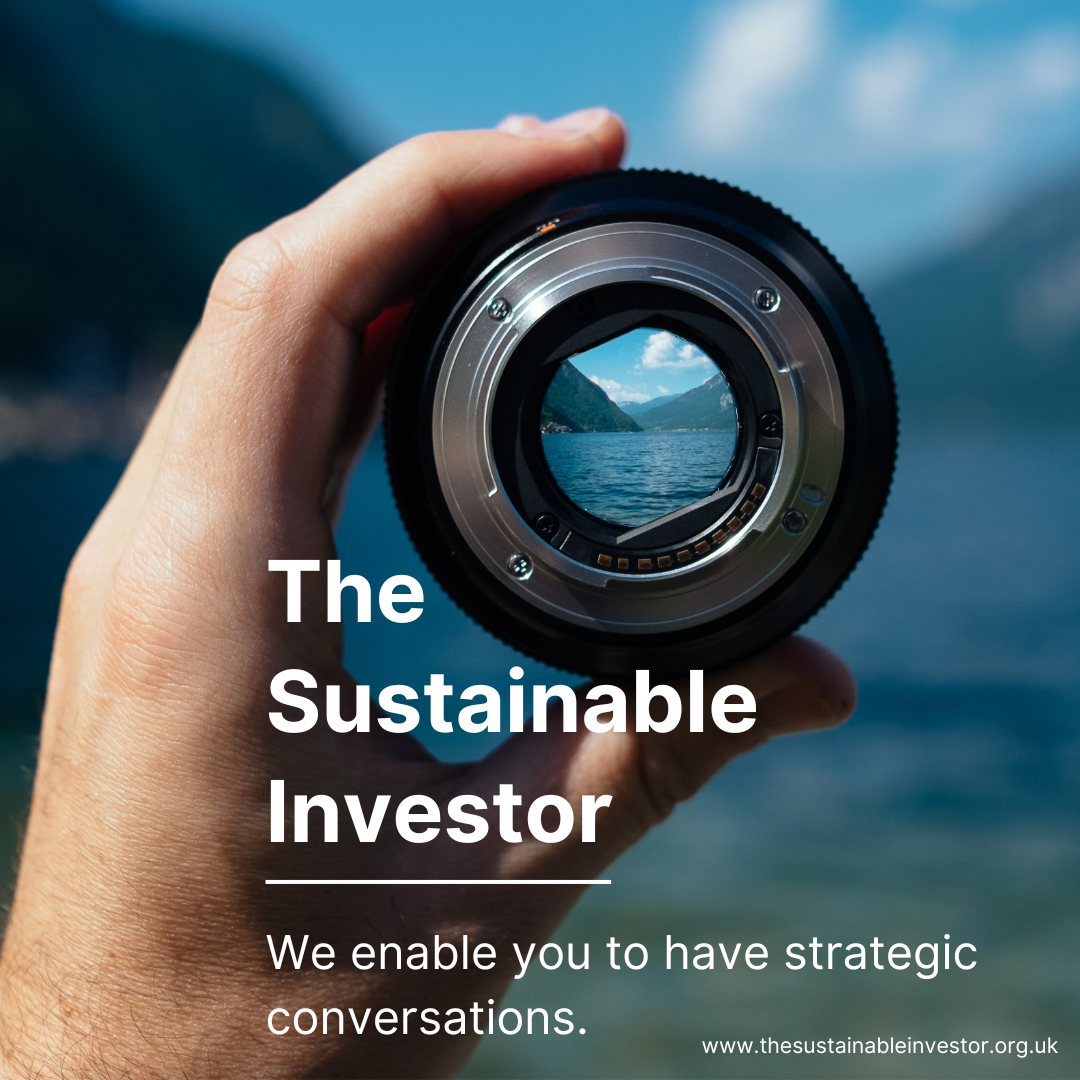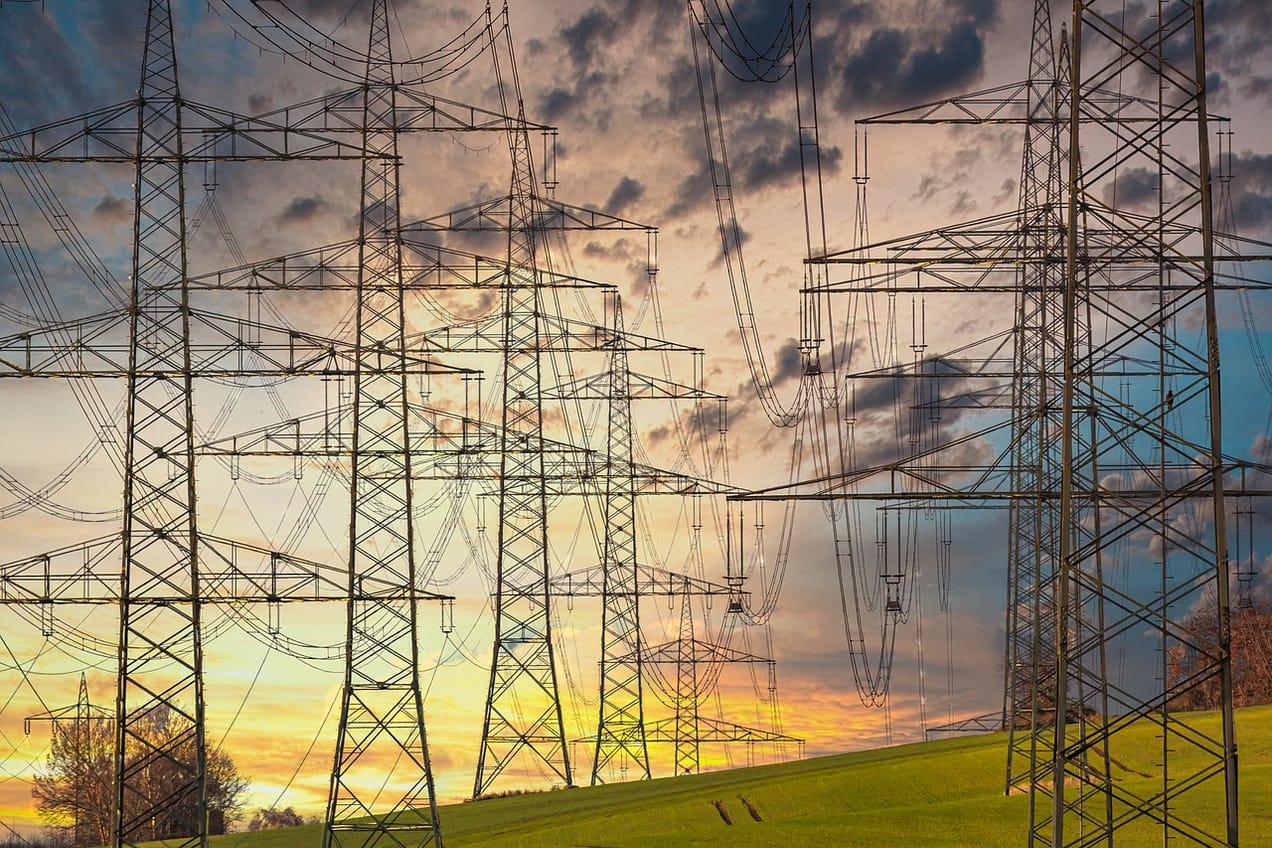
Sunday Brunch: getting financial people to listen
Understand who your customer is, what they care about - that is the way to think about innovation - David Robertson, MIT Sloan
This might seem a strange way to start a discussion about how sustainability professionals can get finance people to listen. But if you think about it, as a sustainability person who is trying to get the private sector to invest in a more sustainable economy, then the finance world is the 'customer' you need to understand, and in return you want them to deliver financial innovation, ways of delivering both sustainability and a fair financial return.
Now, to be clear, this doesn't mean the financial sector can dodge responsibility. We think there are compelling reasons why they should think differently about sustainability. We will be exploring these, including the concept of a Universal Investor (someone whose financial return comes from the health of the total economy), in a later Sunday Brunch. But for today, it's about how do we sell sustainability messages to financial people. And this is based on 30 years of experience of getting financial people to listen and act.
If you want to read the rest and are not already a member...

What gets financial peoples' attention?
My professional life has largely been spent persuading financial people to listen: as a corporate finance adviser and banker, as a broker to investment funds, and as an investor: persuading companies to listen and act.
I have found there are broadly five ways that work. And they all have applications to sustainability finance. Today I want to set out the five approaches, and dig into the first three. I will tackle the rest, and how we can lever them all to advance the case of sustainability investing, in a future Sunday Brunch.
The five are profit now, future profit, technological pressure, regulation/social pressure, and the wild card, industry stability.
Profit Now
- The first one is the obvious one. They can make a profit out of it now. These are the easiest investments to persuade financial people to take up. But, we need to be careful. They normally have unintended consequences.
Take offshoring, when companies move their supply chains and production to another country. This can create an 'out of sight, out of mind' mentality. We can inadvertently end up accepting lower environmental, social and governance standards than we would demand in our home country. The good news here from a sustainability perspective is that the courts are starting to accept that companies are responsible for what happens in their subsidiaries and supply chains. But it's still something to watch.

Future Profit
2. This is a variation on No 1. This one is about future profitable markets. You might think this one is obvious as well - after all if something is going to be profitable in the future, then its worth investing in now. Examples of sustainability investments in this group include Wind and Solar electricity generation, and Electric Vehicles. And while some companies are still dragging their feet, we are already seeing increasing investment in greener solutions.

But, it's not straightforward. Reasons why companies might not invest, despite the opportunities seeming obvious to you and I, mostly revolve around how tough organisational change is to actually deliver. This includes issues of power and influence, plus perceptions of risk. If you are an expert in say Oil and Gas, shifting your company to Renewables could massively erode your own power base. Plus some companies are organisationally very risk averse, electricity utilities are a good example of this.
And we have some real questions about how willing consumers (both retail and business) are to actually pay (the premium) for more sustainable products. This is already being tested with green hydrogen and green steel - so something here to look out for. And we need to find financially viable solutions around electric vehicles (up front cost issues) and building heating (again up front costs).
The bottom line is that we should not underestimate how tough change is for an organisation. And how long it can take. Plus, how companies will respond to the uncertainty around 'future' profits, especially when the business model will look very different. This is something all of us need to bear in mind, a point that Dr Darian McBride makes in a recent blog for the Grantham Institute. This is an area where we all need to build expertise.

Technological pressure
3. Next up - technology. Companies are generally good at seeing how technology is going to change their industry, and potentially damage their future sources of financial competitive advantage. Although, as Blockbuster and Nokia showed, even when you know its coming, you can still respond too slowly.

People tend to think about technology as being about IT software, hardware, and automation. And while that plays a role, technology can also be about supply chains and production processes. A good example of this is Zara, the Spanish apparel company. They led the way in local sourcing, at a time when everyone else was outsourcing to China. And they turned it into a material source of competitive advantage, quick turnarounds meant less discounting.
But there is also a sustainability angle. Take the Chemicals industry. Their production processes and supply chains are all built around using fossil fuels as a feedstock. But technologies are gradually emerging that could change that - using green electricity to produce green hydrogen. Given that a chemical companies competitive advantage is largely built around being good at fossil fuel based production processes, these new technologies could become a massive problem for the incumbents. The solution - start learning about these new production processes now, even if you don't expect them to be mainstream for five to ten years. Putting it in a financial way - invest now to build future competitive advantage.

Round up - it's about how we communicate
In most cases communicating the need to act on sustainability to financial people 'just' requires us to think in a different way, to see things from their perspective. In the next Sunday Brunch on this topic, I will tackle the two hardest drivers of change for financial organisations, regulation/social pressure and industry stability.
In the meantime, this blog on Sustainability and the need for financial markets to think long term, is also worth a read.

Something a little more bespoke?
Get in touch if there is a particular topic you would like us to write on. Just for you.
Contact us
Please read: important legal stuff.





